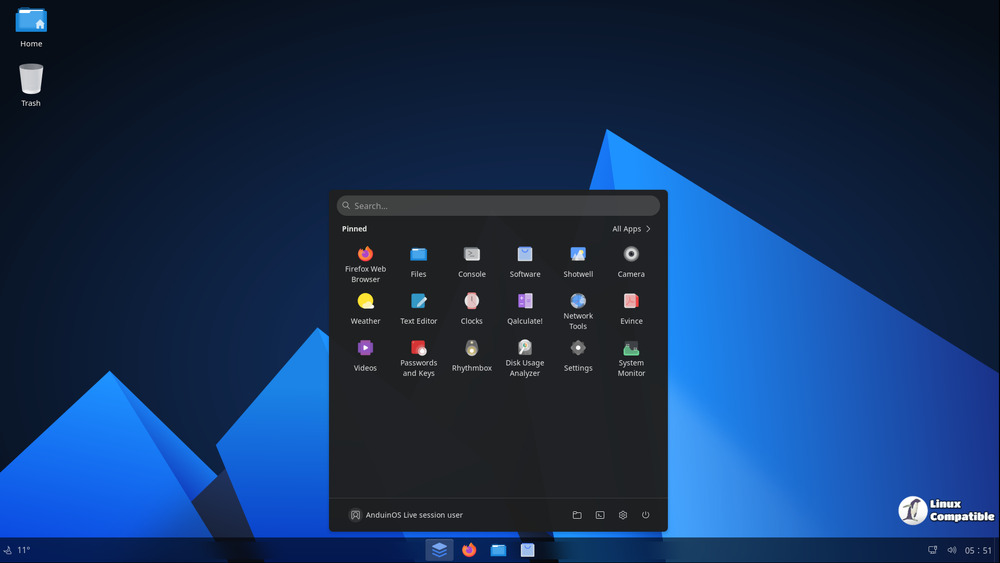Currently, updating AnduinOS is accomplished through a bash script, as it does not have its own software repository and relies on Ubuntu's packages. However, future updates aim to streamline this process by integrating it with the standard `sudo apt upgrade` command. To perform an update from older versions to the latest builds, users can execute the command `do_anduinos_upgrade`, although this will only work for dot builds (e.g., from 1.1.0 to 1.1.8 or 1.3.0 to 1.3.5) and not for major version upgrades (e.g., from 1.2.0 to 1.3.1).
In summary, AnduinOS continues to enhance user experience with timely updates that fix critical issues and improve system performance. The planned integration of the upgrade mechanism with standard package management will further simplify future updates, making it easier for users to maintain their systems efficiently
AnduinOS 1.3.5 and 1.1.8 released
AnduinOS has introduced new builds 1.3.5 and 1.1.8, which resolve issues related to the GNOME Control Center logo, the Super + I shortcut, and audio notifications. The kernel version has been temporarily updated to 6.14.0-27-generic as a result of a bug. The taskbar may not display correctly after login as a result of race conditions involving the blur-my-shell and dash-to-panel extensions. The process for updating AnduinOS involves executing a bash script; however, the update mechanism will soon be incorporated into the sudo apt upgrade command.


